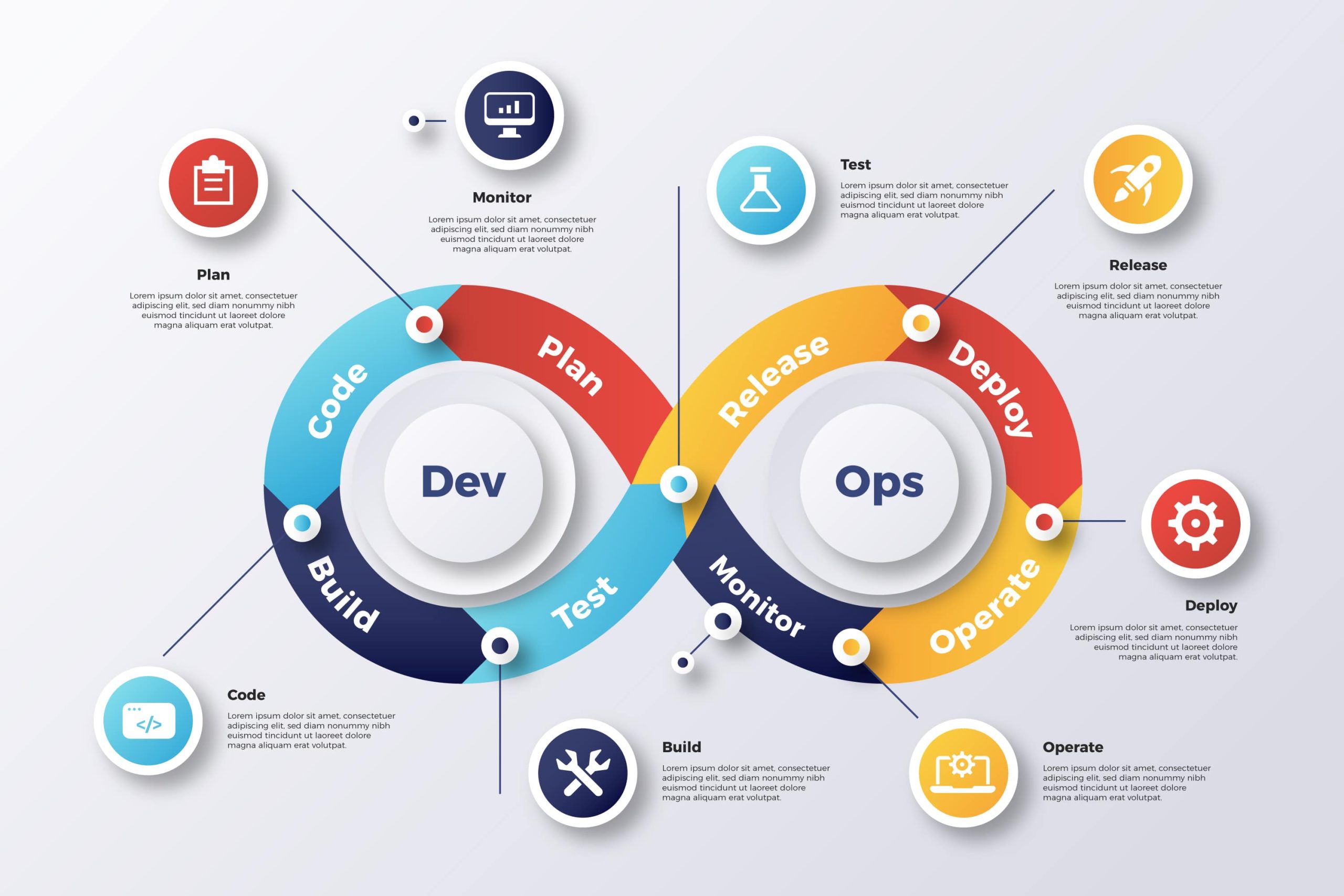DevOps is a set of practices that combines software development (Dev) and IT operations (Ops) to shorten the development lifecycle and increase the speed and quality of software delivery. DevOps is not a technology or tool but a culture emphasizing communication, collaboration, and automation to deliver software faster, with fewer errors and greater confidence.
The traditional software development and deployment approach is siloed, where development and operations teams work separately. The development team develops the software, and then the operations team takes it and deploys it in a production environment. This process is often slow, inefficient, and prone to errors. In contrast, DevOps breaks down these silos and promotes a more collaborative approach to software development.
Benefits of DevOps for Cloud-based Systems
Cloud-based systems have become increasingly popular due to their flexibility, scalability, and cost-effectiveness. However, managing these systems can be complex and time-consuming, which is where DevOps comes in. DevOps practices can help organizations manage their cloud-based systems more efficiently and effectively, and here are some of the benefits.
Faster Time-to-Market
DevOps practices, such as continuous integration and delivery (CI/CD) and agile methodologies, can help organizations release new features and updates to the cloud-based system faster. DevOps enables a more streamlined and automated development and deployment process, allowing organizations to respond quickly to changing business needs and customer demands.
Improved Collaboration and Communication
DevOps practices encourage collaboration and communication between development, operations, and security teams. This collaboration results in a more efficient and effective development process reduce the risk of miscommunications and improve the system’s overall quality.
Increased Efficiency
DevOps practices such as automation and infrastructure as code (IaC) can help organizations manage their cloud-based systems more efficiently. Automation can reduce manual errors and improve the consistency of deployments, while IaC enables faster provisioning and deployment of resources. This results in a more streamlined and efficient cloud-based system management process.
Greater Reliability
DevOps practices such as monitoring and logging can help organizations improve the reliability of their cloud-based system. Monitoring tools enable teams to proactively identify issues and take corrective action before they become critical. Logging tools can help teams identify the root cause of problems and provide valuable insights into the system’s performance.
Enhanced Security
Security is a critical concern for any cloud-based system. DevOps practices like collaboration and automation can help improve the system’s security. Organizations can ensure security is built into the system by encouraging cooperation between development, operations, and security teams. Automation can also help ensure that security policies and procedures are consistently applied.
Conclusion
Adopting DevOps practices can offer significant benefits for managing cloud-based systems. DevOps enables organizations to respond more quickly to changing business needs and customer demands by automating and streamlining the development and deployment process.
DevOps encourages collaboration and communication between development, operations, and security teams, which can result in a more efficient and effective development process. Ultimately, the benefits of DevOps for cloud-based systems can lead to a better customer experience, increased revenue, and improved business outcomes.
































































